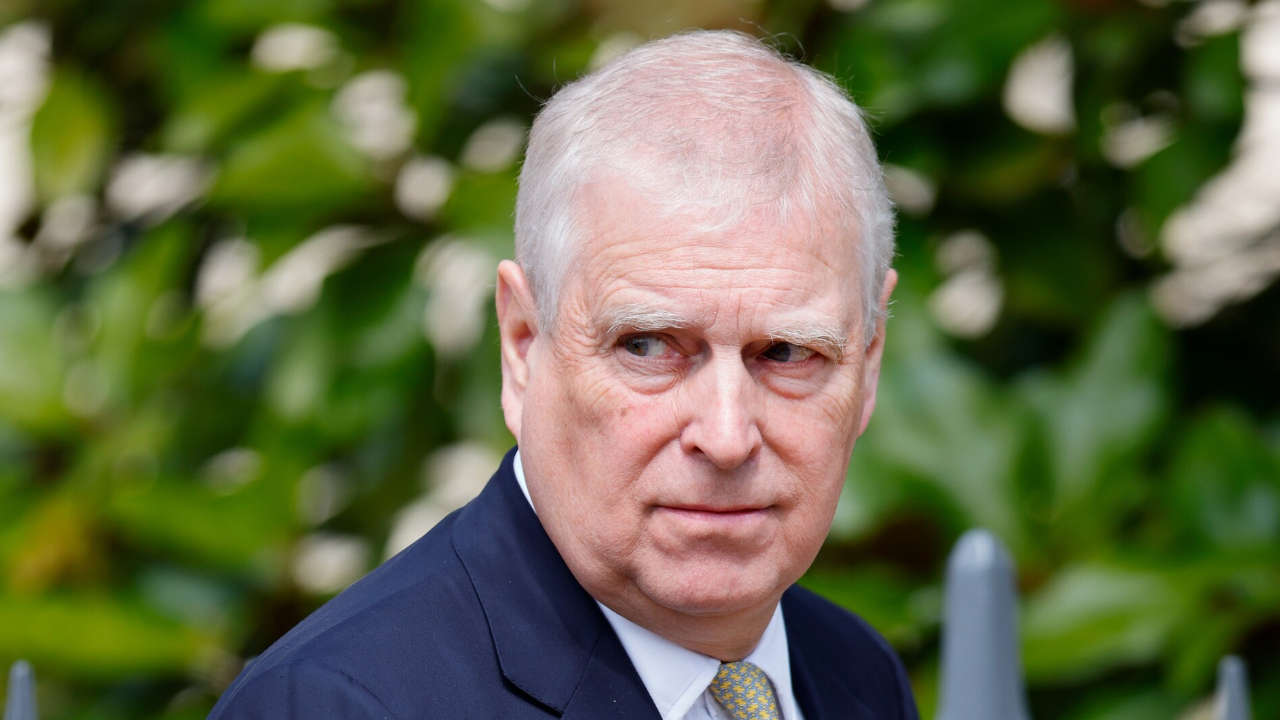
On November 3, 2025, King Charles III formalized a historic decision through Letters Patent published in the London Gazette: Prince Andrew would no longer hold the titles “His Royal Highness” or “Prince.” The move represents an unprecedented step in how the modern monarchy addresses internal crises, signaling a shift toward greater accountability even as it exposes deep constitutional complexities within Britain’s royal system.
The Scandal and Its Escalation
Andrew’s fall from grace began in the late 2010s when allegations of misconduct emerged, culminating in a highly publicized civil lawsuit. The controversy reignited dramatically in October 2025 when Virginia Giuffre’s memoir was published posthumously, bringing renewed public scrutiny to the once-revered Duke of York. The timing of Charles’s decision to strip the titles came as pressure mounted on the monarchy to demonstrate it could hold its own members accountable.
The decision itself was not entirely sudden. Andrew had already lost his military affiliations in 2022, effectively removing him from public-facing royal duties. However, the formal removal of his royal styles through Letters Patent represents a permanent, legally documented break from the royal family—a step that underscores the severity of the situation.
The Constitutional Paradox
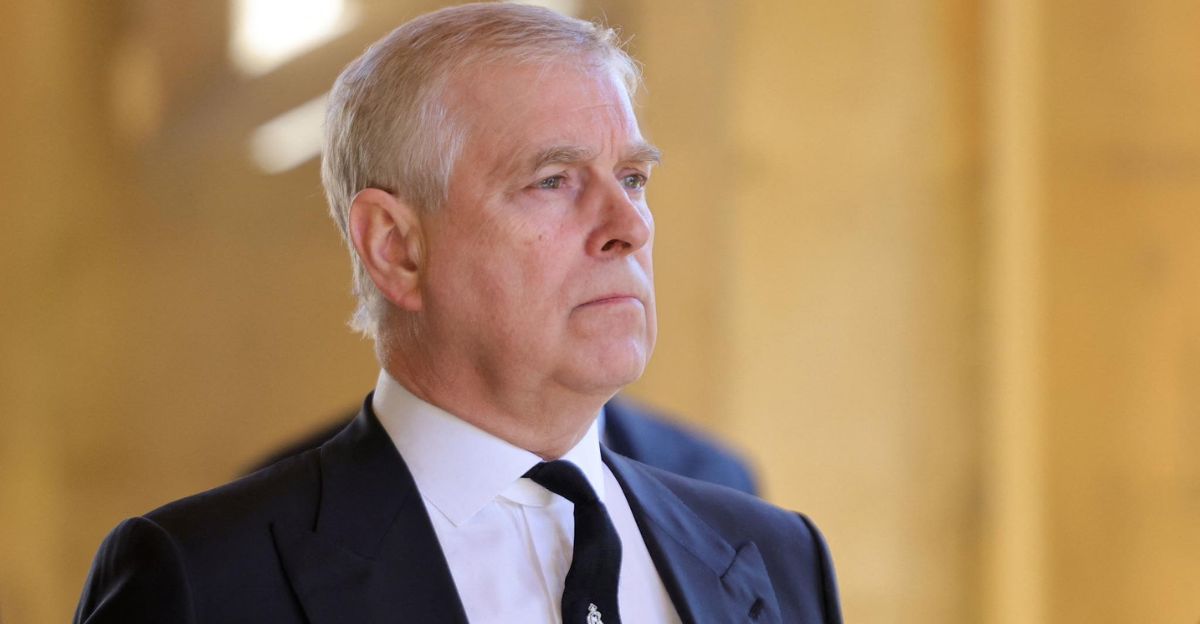
Despite losing his royal titles, Andrew retains the hereditary peerage of Duke of York—a distinction that reveals a fundamental limitation in the monarchy’s power. Hereditary titles cannot be revoked without parliamentary intervention, a legal reality that exposes the tension between modern accountability demands and centuries-old constitutional law. Only Parliament possesses the authority to strip hereditary peerages, leaving the monarchy’s hands partially tied.
In October 2025, Andrew made a symbolic gesture by promising to cease using the Duke of York title in public. While non-binding, this voluntary distancing represents an attempt to reduce his association with royal privileges, though many observers question its effectiveness in repairing his severely damaged reputation.
Personal and Family Consequences
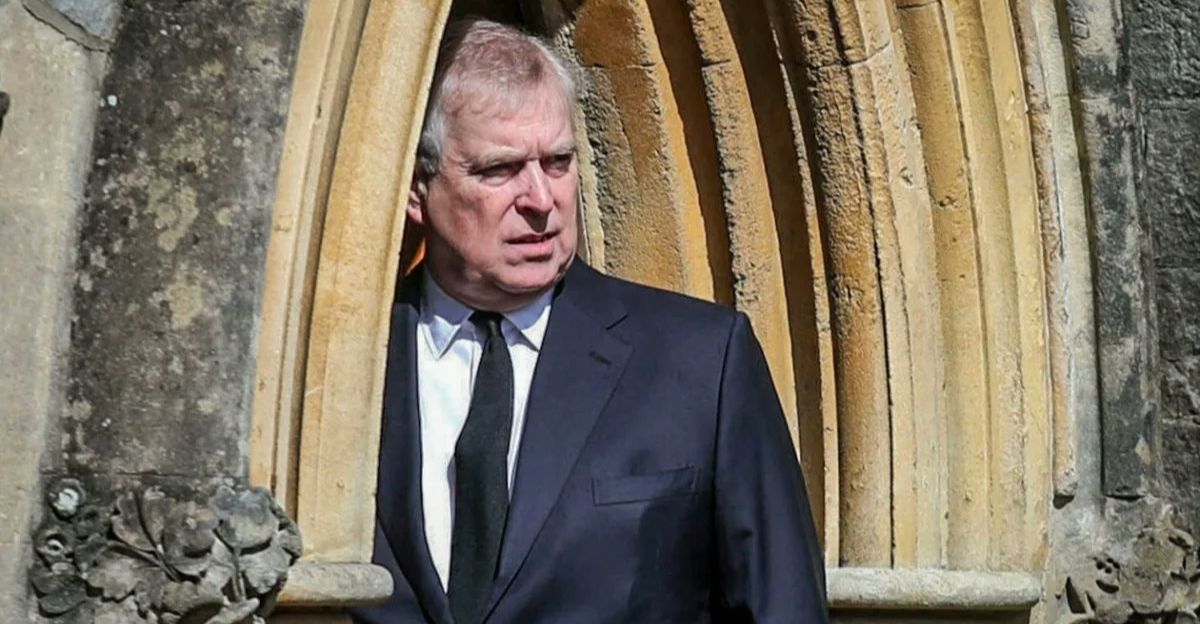
The fallout has extended beyond the public sphere into Andrew’s personal life. He was forced to vacate the Royal Lodge after more than two decades of residence and has been banned from family events, including Christmas gatherings. These measures underscore the isolation he now faces within the institution that once defined his identity.
The decision has reportedly created rifts within the royal family itself. While some members support Charles’s firm stance as necessary modernization, others express concern about the precedent being set and the internal divisions the action has sparked.
Broader Implications for the Monarchy
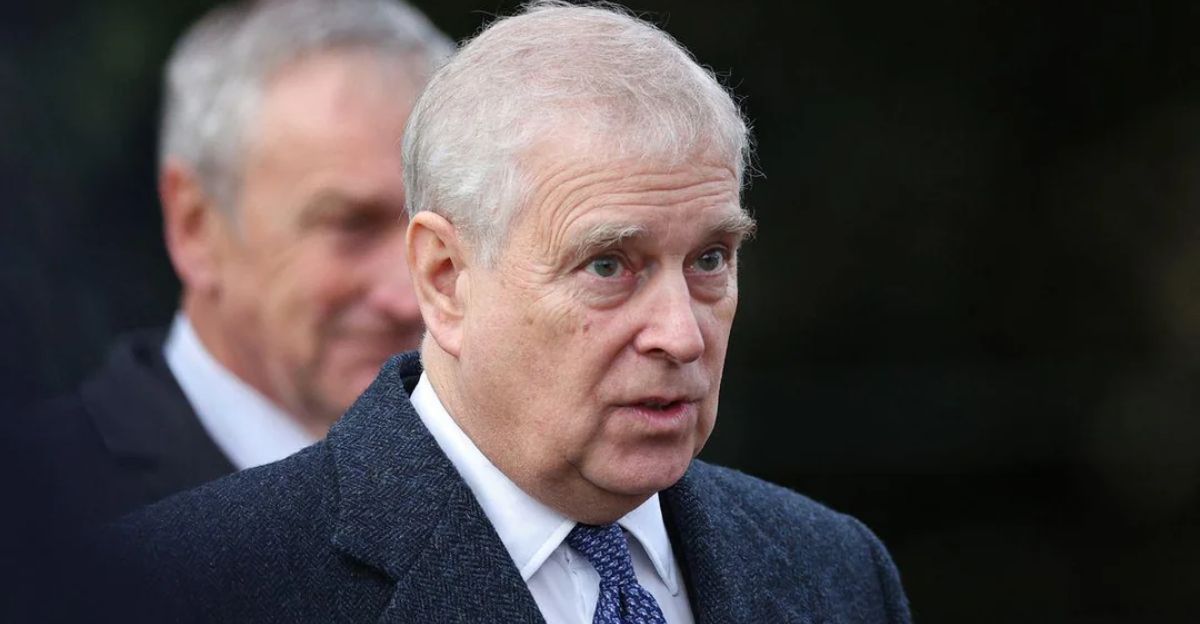
Legal experts and royal historians warn that Andrew’s case may establish a dangerous precedent. Some view it as a necessary evolution toward a more accountable institution; others caution that it could create a slippery slope for handling future royal scandals. The controversy has already prompted discussions among MPs about reforming the laws governing peerages, with some lawmakers arguing that the current system no longer serves modern Britain’s needs.
Public attitudes toward the monarchy are shifting, particularly among younger generations who increasingly question the relevance of hereditary titles and privileges. Andrew’s case transcends a family matter—it has become a cultural debate about the monarchy’s role in contemporary society.
Looking Forward
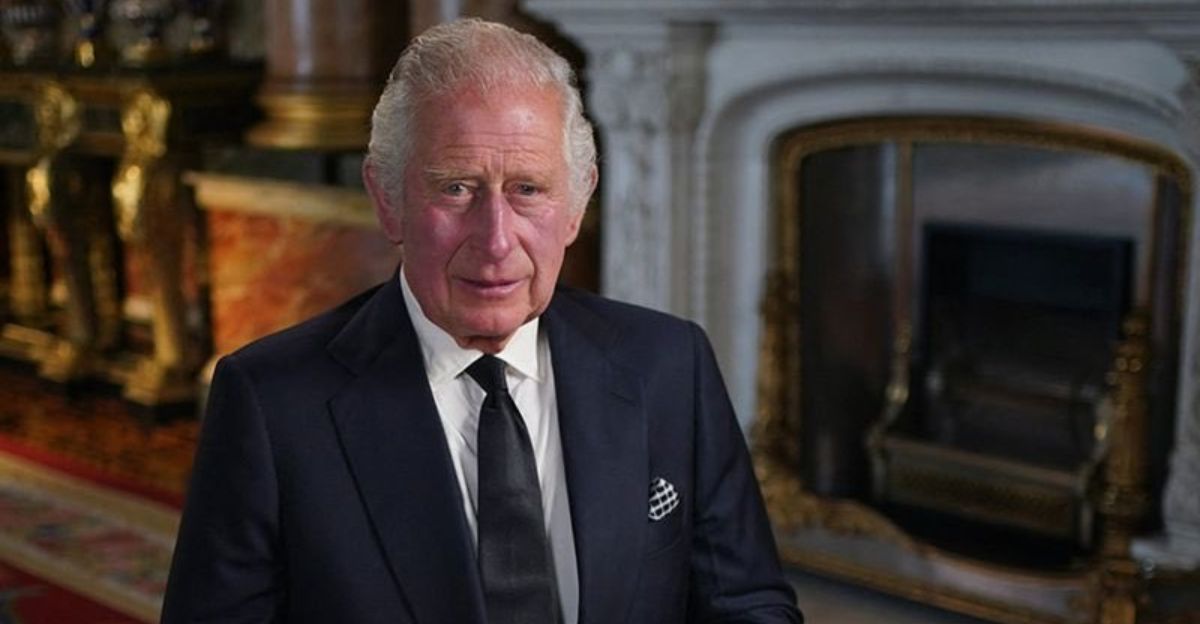
King Charles III’s handling of the Andrew situation will likely define how the institution navigates future crises. The decision demonstrates a willingness to enforce accountability, yet the constitutional limitations exposed by the case suggest that more comprehensive reform may be inevitable. As the monarchy faces mounting pressure for transparency and relevance, the question remains whether the institution can evolve sufficiently to maintain public confidence in the modern era. The Andrew precedent may well catalyze broader discussions about the future of royal titles, hereditary peerages, and the monarchy’s place in twenty-first-century Britain.


